Home >Technology peripherals >AI >Is the multiverse theory a delusion or does it have scientific basis? Do parallel universes really exist? Refresh your knowledge
Is the multiverse theory a delusion or does it have scientific basis? Do parallel universes really exist? Refresh your knowledge
- 王林forward
- 2023-09-22 14:01:071716browse
Scientists have various theories about the origin of the universe. Some people believe that there is only one universe and that sooner or later it will die. Others believe that there is only one universe, which circulates endlessly.
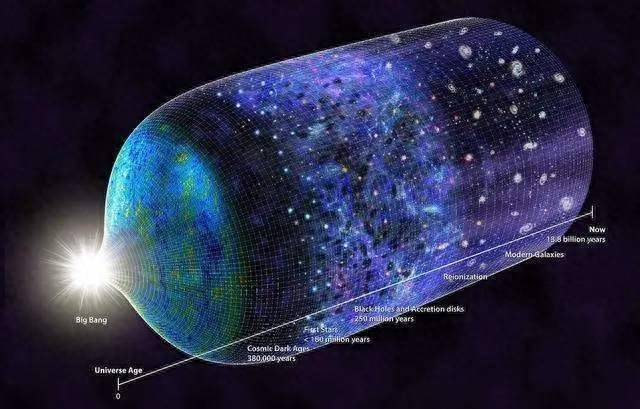
Others believe there is a multiverse. In the 1970s, some scientists proposed the hypothesis that our universe is just one among many. They all have their own physical laws and complex structures. For life to appear in the universe, all conditions are suitable. In the 1980s, some theories of modern cosmology proved that such a "parallel universe" does exist. In recent years, British scientists have discovered traces of another "universe" in our universe, which they believe may prove the existence of a multiverse.
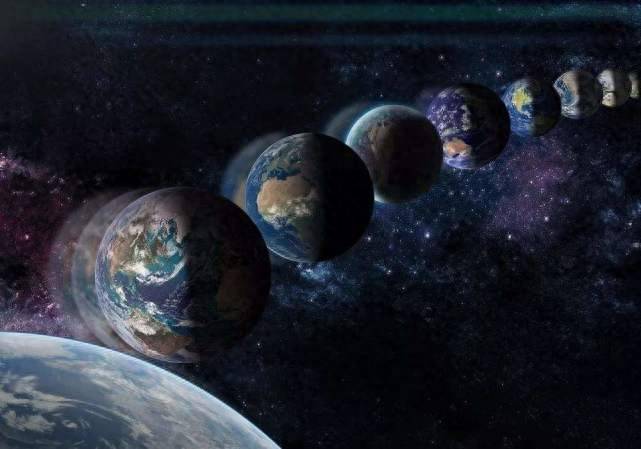
Dark Energy and the Multiverse
When scientists studied the expansion of the universe, they found that the expansion speed of the universe has not slowed down. It entered the super-expansion stage about 7 billion years ago, and the speed has been accelerating. So what is driving galaxies farther and farther away from each other faster and faster? Using general relativity to explain it, we can only get the hypothesis that "dark energy" exists in the universe. Based on this hypothesis, scientists began to calculate the amount of "dark energy" required in the accelerated expansion of the universe, and discovered an unexplainable problem: "The density of dark energy in the universe is very small, but according to the laws of physics, "dark energy" The density of "energy" is much greater than the observation! This contradictory result can only lead scientists to search for a completely different explanation, one of which is the existence of multiple universes.
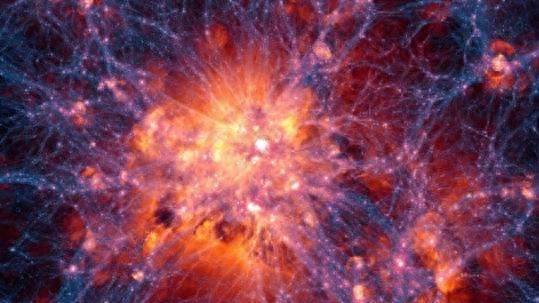
"Cosmic expansion" creates more universes?
Scientists have confirmed through the radiation left behind by the Big Bang that the universe has experienced a brief period of ultra-high-speed expansion. Scientists call it the "inflationary universe" model. Simply put, the universe expands its size over a very short period of time (much less than a second), like blowing up a balloon. If the expansion rate had changed just a little, our universe wouldn't look like it does now. As a result, many scientists began to doubt the "inflationary universe" model.
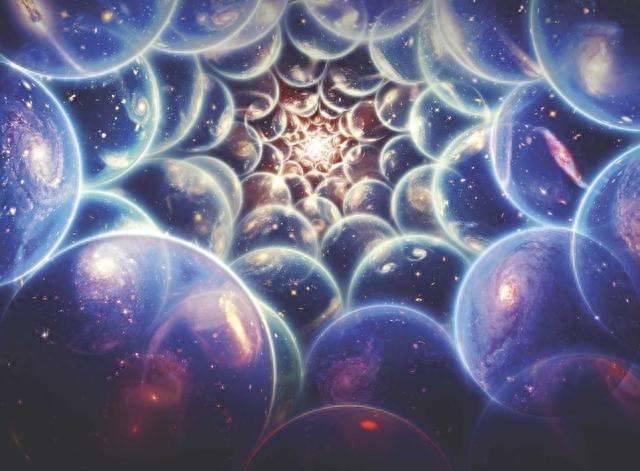
They believe that the space we observe now is more like a bubble, and there are countless bubbles outside the universe, that is to say, there are countless universes. All universes have the same or similar mechanisms for various constraints. Every universe experienced a Big Bang. They were born in the Big Bang and share the same laws of physics. However, this does not mean that all universes will survive. Just slightly adjust the "parameters" of the Big Bang, and different situations will appear in different universes.
The perspective of multiverse theory
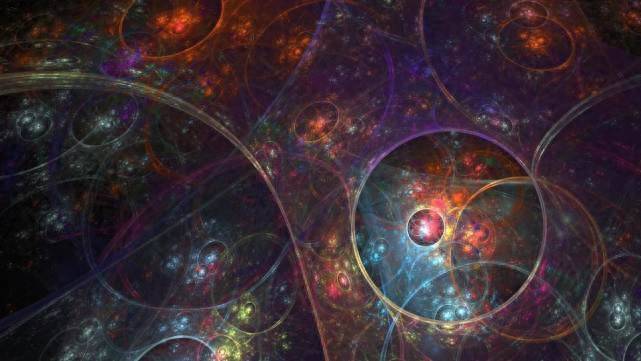
Scientists who support the "eternal expansion theory of the universe" believe that our universe is just one of the larger universes. Both our universe and other universes are constantly expanding, with more universes in between. This argument is also known as "multiverses". Other universes have characteristics different from ours, but coexist with the universe in which we live. Although the theory of cosmic expansion does not yet have a practical theoretical model, theory suggests that several universes can expand simultaneously and at different rates. Within this broader "multiverse", our "universe" is just a tiny unit. Other universes may not have produced galaxies, stars, planets, life, or even matter at all. However, the conditions we consider necessary may not be unique. At the same time, by modifying some constants or laws, the system of physical laws is very different from our conditions, but it can create a harmonious world that is equally suitable for survival, and even life can be born in it.
Evidence of another "universe" discovered
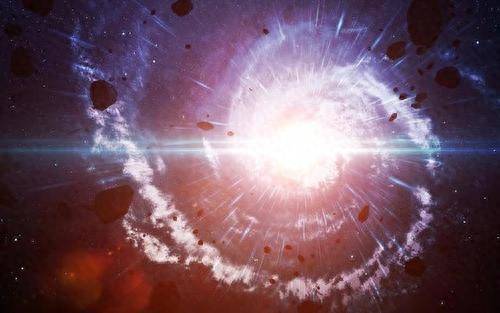
British scientist Roger Penrose said that evidence of another universe before the Big Bang has been discovered. While studying the cosmic microwave background radiation, he discovered the mysterious concentric circle phenomenon, which can be considered to have a universe before the birth of the universe and provides traces of pre-universe events. According to his research report, a total of 12 concentric "imprints" have been discovered so far, 5 of which are of special significance and correspond to 5 large-scale events in the history of the evolution of the universe. The intensity of the mysterious "halo" near the cluster appears to be very low in the background radiation. Therefore, researchers seem to have given up on the "inflationary" model of the universe, which believes that the universe was born in the Big Bang and will continue to expand in the future to a critical point that not only has a beginning but also an end.
So how to explain these mysterious concentric circles that appeared before the Big Bang? Scientists believe that the mysterious concentric circles in the background radiation are leftover from the collision of supermassive black holes that existed before the Big Bang. This means our universe will have a new cycle pattern: one dominated by the Big Bang and collisions of supermassive black holes. According to Roger Penrose, the "new cosmic cycle theory" means that black holes will eat everything in the universe and collide with each other, eventually leading to another big bang.
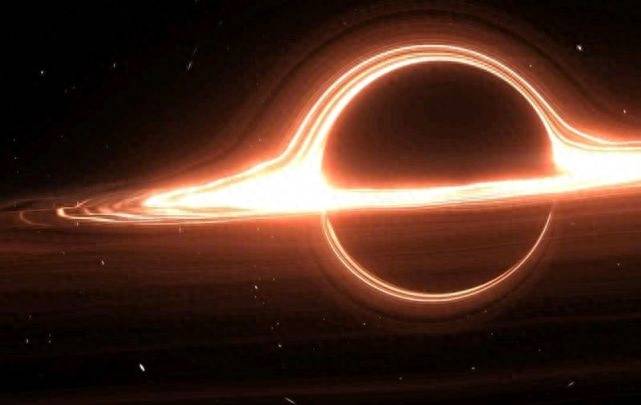
In this regard, Professor Roger Penrose said in an interview with the BBC: In my latest cosmological theory, the universe expands exponentially, but this expansion is not static. When a black hole swallows all the matter in the universe, it will open another universe in the distant future in the form of a big bang.
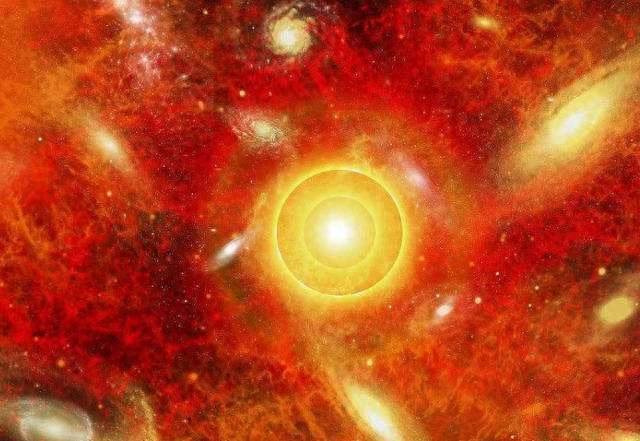
This discovery is not a denial of the Big Bang theory. Instead, it supports the idea that the Big Bang may have happened many times. Scientists explain that we live in a "cyclical" universe - when our universe ends, it marks the end of a "generation". But it will immediately trigger a big bang, creating a new "generation", a new universe, and such an eternal cycle. Two prominent cosmologists, Paul Steinhardt of Princeton University and Neil Tullock of Oxford University, have published a book saying: "Neither time nor the universe has a beginning or an end. The evolution of the universe is cyclical. Each new generation of stars is created with a new Big Bang. We are just part of the latest cycle."
The above is the detailed content of Is the multiverse theory a delusion or does it have scientific basis? Do parallel universes really exist? Refresh your knowledge. For more information, please follow other related articles on the PHP Chinese website!
Related articles
See more- Technology trends to watch in 2023
- How Artificial Intelligence is Bringing New Everyday Work to Data Center Teams
- Can artificial intelligence or automation solve the problem of low energy efficiency in buildings?
- OpenAI co-founder interviewed by Huang Renxun: GPT-4's reasoning capabilities have not yet reached expectations
- Microsoft's Bing surpasses Google in search traffic thanks to OpenAI technology

